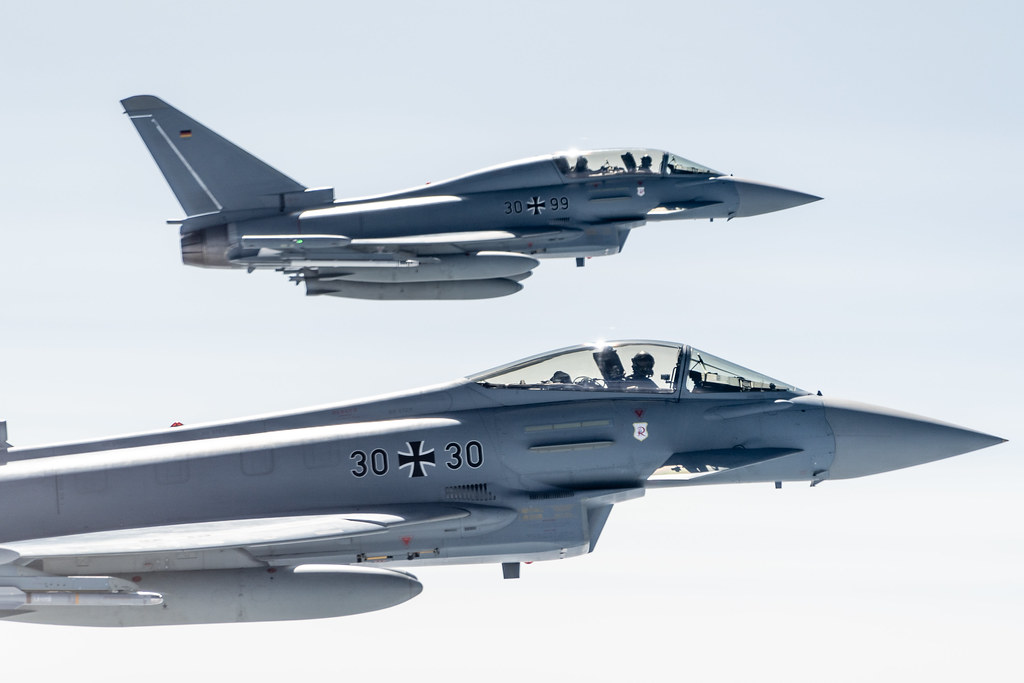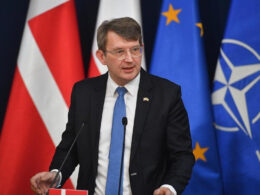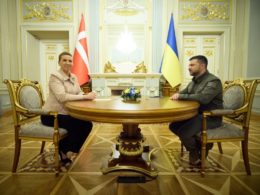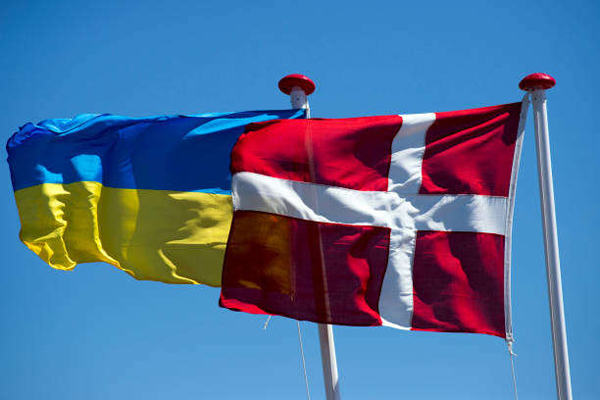Russia could be ready for a large-scale war in Europe within five years if the war in Ukraine freezes and NATO does not increase its military capabilities, Denmark's Defense Intelligence Service (FE) reports in a new threat assessment.
It's not the first time the EU country's intelligence reported the potential for Russian aggression against NATO countries. EU intelligence agencies have warned earlier that Russia could test the EU's readiness to defend itself within 3-5 years. The head of Germany’s Federal Intelligence Service also suggested a potential Russian attack on NATO countries by the end of the decade
"Russia has already managed to upgrade its capacity to modernize military equipment and has significantly increased its military production," FE reported in the assessment.
The intelligence service notes that Russia is already freeing up resources for its military buildup against NATO, aided by economic and material support from external sources.
FE outlines three specific scenarios. Russia could wage a local war against a bordering country within six months if its war in Ukraine stops. Within two years, it could pose a credible threat to multiple NATO countries in the Baltic region. In five years, Russia could be prepared for a large-scale European war - if the US stays out and NATO does not match Russia's buildup pace.
The assessment identifies different threat levels for various parts of Denmark's territory. While mainland Denmark faces no immediate threat of conventional military attack, Greenland and the Faroe Islands face distinct challenges due to their strategic location.
"Russia wants control over the sea areas north of its mainland. Russia may want control all the way to the North Pole," FE reports.
The intelligence service notes that Russia's 2022 maritime doctrine permits the use of all means, including military force, to defend its interests in the Arctic.
FE warns that Russia shows increased risk tolerance in hybrid warfare, including espionage and infrastructure attacks. This is because Moscow likely believes such actions won't trigger NATO's Article 5 collective defense clause.
Read also:
- Estonia military chief: Double defense spend for inflicting “decisive defeat” if Russia invades
- Zelenskyy: Ukraine will join NATO if Trump is ready for it
- South Korea’s Intelligence confirms North Korean troops’ withdrawal from Kursk Oblast after heavy losses





